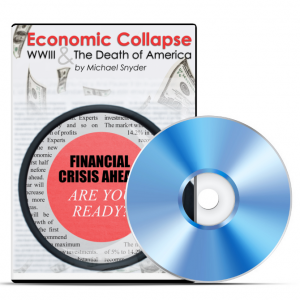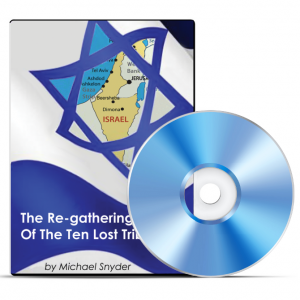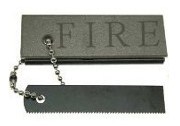|
|
 by MN Gordon, Economic Prism by MN Gordon, Economic Prism
The Commerce Department reported on Wednesday that wholesale inventories rose 0.5 percent in August. What’s more, according to the Commerce Department sales at wholesalers rose 0.9 percent in August…the first increase since April. What this means exactly we don’t quite know. But the experts have some ideas…
Yelena Shulyatyeva, an economist at BMP Paribas in New York, says it’s a sign “companies want to stay cautious ahead of the Presidential election.” Peter Newland, of Barclays, reviewed the same report and concluded it “offered an encouraging sign that demand is beginning to rebound.”
In other words, no one really knows what these numbers mean. Yet even if they did, what good would they be?
For the life of us, we can’t comprehend what value these numbers have. What we mean is the integrity of economic data has become as (Read more....) […]
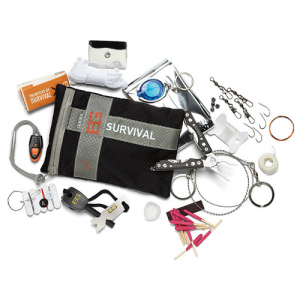 These days, it’s hard to ignore all of the doomsday, apocalypse now talk—especially as the so-called “Mayan calendar” quickly winds down. But, whether you believe the hype or not, it has brought up a very important point. Many people today are simply not equipped to fend for themselves or survive, should the need arise. Let’s say tomorrow something happened that immediately robbed us of all of the modern luxuries we have become dependent on, would you be able to survive? These days, it’s hard to ignore all of the doomsday, apocalypse now talk—especially as the so-called “Mayan calendar” quickly winds down. But, whether you believe the hype or not, it has brought up a very important point. Many people today are simply not equipped to fend for themselves or survive, should the need arise. Let’s say tomorrow something happened that immediately robbed us of all of the modern luxuries we have become dependent on, would you be able to survive?
If you’re like the majority of other people, most likely not. And, it’s not that we don’t have the capability to, because we all know our ancestors lived off the land, but we have become so accustomed to our easy way of life, we must re-train ourselves to be self-sufficient. Luckily, numerous schools and courses have popped up over the last few years that specialize in teaching survival 101. So, if you’re looking to get back in touch with your instinctual, survival side, you might consider enrolling in one of these.
Bushcraft & Wilderness Survival Courses
Offering potential college credit to its students, the Bushcraft & Wilderness Survival Courses, (Read more....) […]
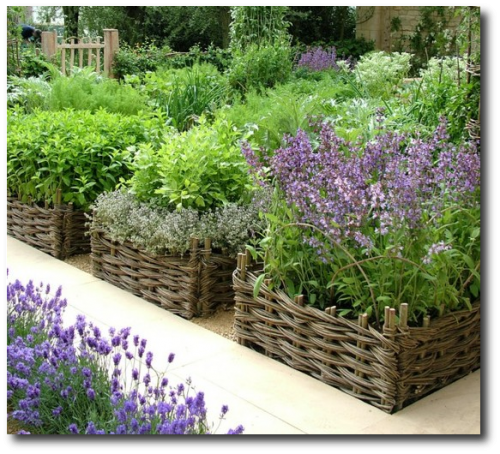
Should disaster ever strike, it’s important to have a number of preparations and plans in place. The last thing you want to do is wander through life aimlessly, completely unprepared in case something horrible were to happen or strike. I’m not trying to be a buzzkill, but it’s quite likely you’ll encounter emergency circumstances in your lifetime and the only way to be prepared for such unfortunate circumstances is to have a plan of action in place.
One area I like to focus much of my disaster planning on is on emergency food. I stock up my outside pantry with canned foods and bottled water every so often, but recently I’ve also started to grow a garden as well. I’ve learned that gardens are quite useful and helpful, especially in the direst of circumstances. If you don’t already have a garden, here are three reasons why it might be a good idea to start cultivating one for emergency situations.
Teaches Self-sufficiency
If your sole chance of having breakfast, lunch, or dinner depends on you nurturing your crops, you better believe you’re going to be diligent in taking care of your garden. Before I ever (Read more....) […]
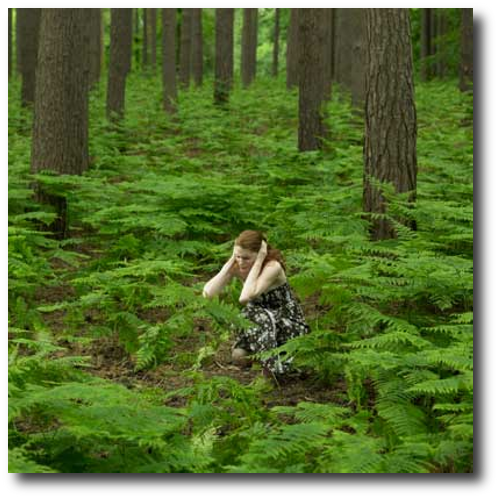
No one knows when a natural disaster or emergency will strike. We have all seen the television shows that portray people trying to surviving in the wilderness, surviving plane crashes and natural disasters that can occur. Seeing it on television and having it happen to you are two different things. We must be prepared! Supplies for emergency preparedness should include shopping for an additional source of shelter, food, sanitation and hygiene, light, communication, first aid, water and survival kits. Being prepared by shopping for survival items is necessary so that you and your family can survive days or weeks until you can be rescued or return to a normal state of living. So, what should you shop for?
Food
Natural disasters can last a few days, a few weeks, or even months depending on the disaster and circumstances. After seeing some natural disasters such as earthquakes, the tsunami, and hurricanes like Katrina, it’s safe to have one to 12 months worth of food in storage as part of your survival supplies. The type of food to buy would be freeze dried, dehydrated and canned goods that don’t need refrigeration. (Read more....) […]
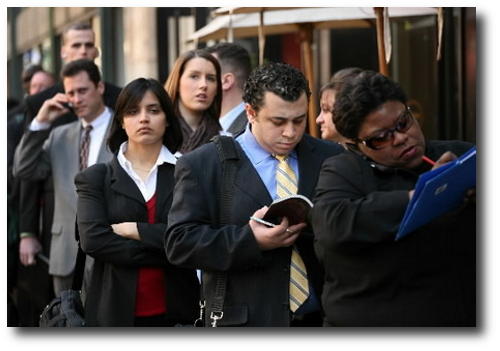
When economists talk about recessions they basically mean a slowdown in macro commercial activity. This means than a recession is somewhat less disastrous than a depression on both a personal and national level. That said, any substantial halt in financial activity comes with repercussions. The remainder of this article will cover some key definitions and strategies that deal with weathering these dour fiscal events relatively unscathed.
Everyone hears the term double dip recession in the media, but what does it really mean? Well, a double dip recession in economics with what’s known as a W-shaped recession. The W-shape recession gets its name for the shape of the economic activity once plotted in chart form. Basically a double dip or W-shape recession conforms to the following pattern of activity: the economy suffers some loss, the economy slightly recovers on the heels of some growth, then the economy falls back into decay, and finally the economy recovers from that second bout of losses. The recession in the early 1980s is viewed by (Read more....) […]

Emergencies can happen to anyone and anywhere, including our children. As much as we want to be there to protect our child, we may not always be able too. So here are 5 things you can teach your child so that they know how to handle an emergency without your help:
Educate:
Your child needs to know all the possible emergencies that could happen whether that is natural disasters or dealing with strangers. The more they know, they more they will be able to handle an emergency situation. With each emergency they need to know what can be expected, as well as to expect the unexpected, what to do when it happens and how to keep safe. Create emergency plans and practice!
Seek help:
Teach your children who to contact during an emergency. They need to know how to dial 9-1-1 as well as notify an adult or parent for help. Keep a list of important phone numbers at every phone within in your home, always place 9-1-1 at the top of the list.
Stay calm:
It is important that your child knows how to remain calm and keep a clear head during an (Read more....) […]
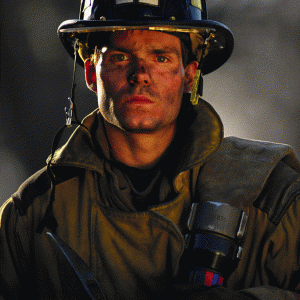 If you live in a rural area, then you probably know that some fire departments in local towns are built almost entirely of volunteer firemen. This is a great way for the town to save money, and they can actually double their savings by also purchasing used fire apparatus. While safety is definitely the most important factor at the end of the day, it wouldn’t hurt to also be able to save a few bucks in the process. If you are thinking about volunteering as a fireman in your local town, then there are a few facts that you need to know before you continue. If you live in a rural area, then you probably know that some fire departments in local towns are built almost entirely of volunteer firemen. This is a great way for the town to save money, and they can actually double their savings by also purchasing used fire apparatus. While safety is definitely the most important factor at the end of the day, it wouldn’t hurt to also be able to save a few bucks in the process. If you are thinking about volunteering as a fireman in your local town, then there are a few facts that you need to know before you continue.
The first thing that you need to realize when you are a volunteer fireman is that you are not going to get the same pay as the actual firemen in your town. In fact, you aren’t going to get paid at all for your services. This is basically a way for you to give back to the community, and it helps the town tremendously because they (Read more....) […]
|
|
 by MN Gordon, Economic Prism
by MN Gordon, Economic Prism






